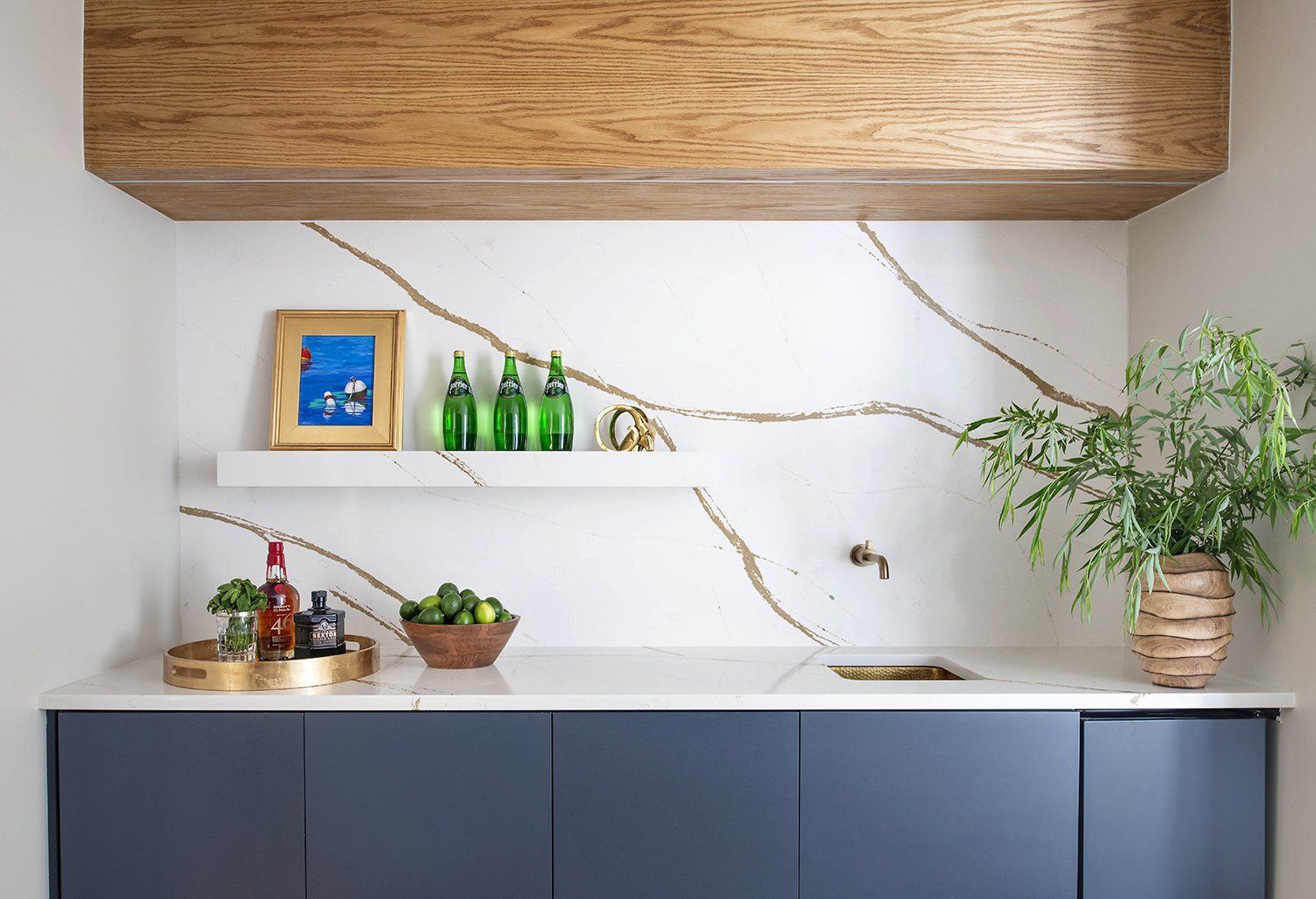Top 4 myths of home improvements
Take a few minutes to look around your space; I bet you have a few home renovations in mind, right? Since the COVID 19 pandemic, home renovations projects have sky rocketed. It's important to approach these projects with careful consideration and debunk common myths associated with home improvements. Here are a few myths to keep in mind:
All renovations will improve home value
While some renovations can boost value, it's not guaranteed. Factors such as the quality of the work, local market conditions, and personal preferences of potential buyers all play a big role in your projects ROI. Kitchens and bathrooms are typically your highest return on investment, while pools and outdoor living spaces have appeal that may help your home sell more quickly.
I can do it myself
Do-it-yourself (DIY) projects are NOT always cheaper than hiring professionals. While DIY can save money on certain tasks, such as painting or small repairs, complex projects like electrical or plumbing work should be left to licensed trade professionals. Mistakes in these areas can be costly to fix and may even pose safety risks. Weigh the complexity of the project and your own skills before deciding between DIY or hiring professionals. Like my Dad always said… it costs alot more to fix something than it does to do it right the first time!
Expensive Materials are Always Superior
While high-quality materials are important for durability and longevity, it's not necessary to choose the most expensive options for every renovation. Research different brands, compare prices, and consider factors such as maintenance requirements and warranties. Selecting the appropriate material for your project that coordinates within your existing decor is most important. Your renovation should. look like it has always been a part of your home.
I don’t need a building permit
Knowing when you need a building permit for a home renovation can vary depending on your location and the specific project you are undertaking. If you are adding or relocating any HVAC, plumbing or electrical work, you will need a building permit in most states. Check your local building codes to ensure you are knowledgable prior to hiring a contractor, as some will try and slip under the radar. This is a huge RED FLAG! Remember that this process is in place to ensure your renovation is done correctly and safely!
Local regulations might specify certain thresholds, such as the size of the project or the type of work, that don't require permits. Before starting your project, it worthwhile to do a bit of research and contact your local municipality.
Undertaking work without the necessary permits can have serious consequences. If the authorities discover unpermitted work, you may be required to pay fines, undo the work, or face legal issues. Unpermitted work can create complications when selling the property, as buyers may demand proof of permits and inspections.




